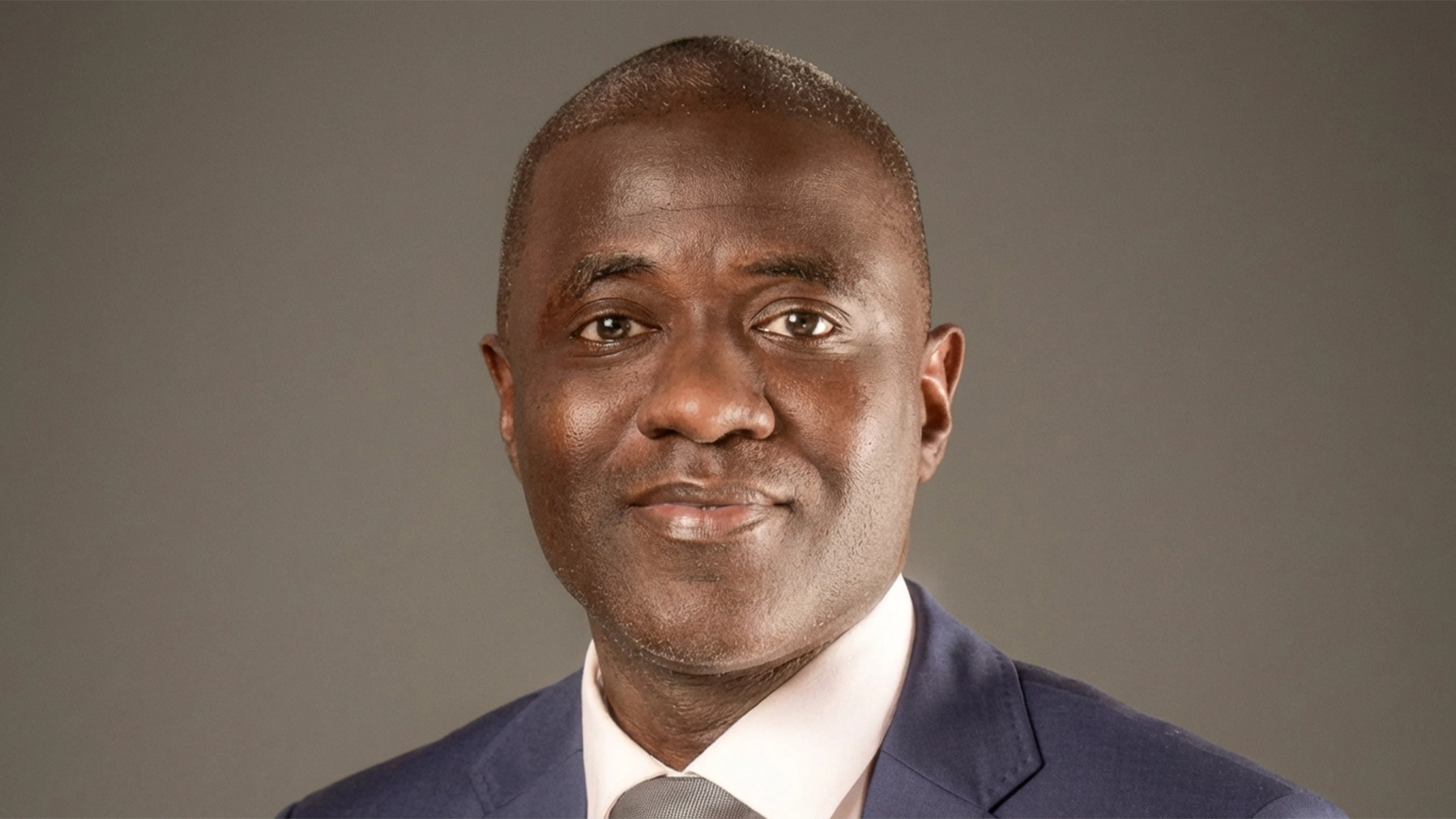A Cybersecurity Governance, Risk and Compliance Analyst, Abdullateef Hameed, has urged the Federal Government to redirect the ingenuity of Nigerian youths into national security and innovation to stem the rising wave of cybercrime.
Abdullateef, a compliance analyst with over a decade of experience in healthcare, government and commercial sectors, expressed concern that the unchecked involvement of youths in online crime popularly known as “Yahoo Yahoo” has grown into a disturbing alternative for many young Nigerians.
He warned that without urgent intervention, the country risks losing a generation of digitally skilled youths to criminal activities rather than productive ventures.
Speaking at an event, he stressed that mentorship, structured training and practical opportunities are critical solutions. According to him, the government must go beyond routine crackdowns to provide positive outlets that channel talents into cybersecurity roles. “A young person who could have been a cybercriminal can, with the right mentorship, become a cybersecurity professional defending the nation,” he said.
Abdullateef believes tackling cybercrime requires deterrence and empowerment. On one hand, he said stricter laws and enforcement are necessary to discourage internet fraud. On the other, he recommended government-led initiatives that provide alternatives through cybersecurity training programmes, mentorship schemes and incentives for ethical hacking.
He argued that building such alternatives would not only reduce crime but also strengthen national security and contribute to economic growth.
“Government must create structured opportunities that enable youths to use their digital talent in ways that benefit the country rather than harm it,” he said.
Drawing from his experience across sectors, Abdullateef noted that cybersecurity is indispensable wherever records and data are involved. In healthcare, he explained, patient data must remain secure without disrupting life-saving access. In government institutions, legacy systems and bureaucracy have slowed down the adoption of modern defences, leaving sensitive records vulnerable. In the private sector, the rush for speed and innovation often overshadows security.
He urged the Federal Government to see security as a national business priority rather than an afterthought. According to him, policies must be put in place to support training, continuous monitoring and preventive measures across agencies. He also advised that government should learn from global frameworks such as the Payment Card Industry Data Security Standard (PCI DSS), which sets guidelines for protecting financial information.
Abdullateef warned that breaches of sensitive data could result in devastating consequences such as the loss of public trust, heavy financial penalties and even institutional collapse. He said adopting strong compliance measures, supported by clear policies and trained personnel, would greatly reduce such risks.






